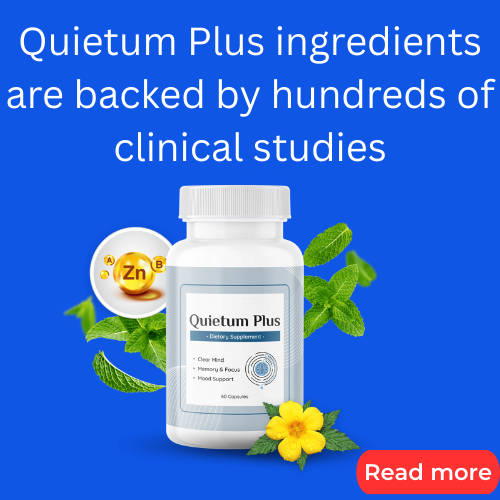Natural Alternatives to Proton Pump Inhibitors
Long-term PPI use (like omeprazole, esomeprazole) is linked to nutrient deficiencies, gut dysbiosis, and rebound acid hypersecretion. Fortunately, research shows 8 natural approaches can effectively manage acid reflux while healing the underlying causes. Here's how to transition safely from PPIs to sustainable solutions.
⚠️ Important:
Never stop PPIs suddenly - always taper under medical supervision to avoid severe rebound acid production. Reduce dose by 50% every 2 weeks while implementing these alternatives.



Disclosure: This is an affiliate link. we may earn a commission at no extra cost to you. if you purchase.
Why Seek PPI Alternatives?
Proton pump inhibitors cause these documented issues with prolonged use:
| Risk | Prevalence | Mechanism |
|---|---|---|
| Magnesium deficiency | Up to 25% of long-term users | Reduced intestinal absorption |
| B12 deficiency | 30% after 2+ years | Impaired protein-bound B12 release |
| SIBO risk | 2-3x higher | Altered gut microbiome |
| Rebound hyperacidity | 44% upon cessation | Gastrin hormone overproduction |
8 Evidence-Based Natural Alternatives
1. DGL Licorice (Deglycyrrhizinated)
How it helps: Stimulates mucin production to protect the esophageal lining
Dose: 380-760mg chewed before meals
Study results: 75% as effective as ranitidine for symptom relief
2. Aloe Vera Juice
How it helps: Reduces esophageal inflammation
Dose: 1/4 cup pure juice before meals
Note: Avoid whole-leaf extracts (laxative effect)
3. Melatonin-Containing Protocol
Surprising mechanism: Strengthens lower esophageal sphincter (LES)
Effective combo:
- Melatonin 6mg at bedtime
- Tryptophan 500mg
- Vitamin B6 25mg
- Methionine 100mg
4. Apple Cider Vinegar (For Some)
Paradoxical benefit: Acidifies stomach to prevent LES relaxation
How to use: 1 tsp in water before meals (only if low stomach acid confirmed)
Caution: Worsens classic GERD in 30% of cases
5. Slippery Elm
How it helps: Forms protective coating in esophagus
Dose: 400-500mg capsules 3x/day or 1 tbsp powder in water
6. Lifestyle Modifications
Proven effective changes:
- Left-side sleeping: Reduces nighttime reflux by 71%
- Meal timing: Finish eating 3+ hours before bedtime
- Weight loss: 10-15 lbs can eliminate symptoms
7. Mastication Gum Therapy
Mechanism: Increases saliva (natural antacid) and LES tone
Protocol: Chew sugar-free gum for 30 minutes after meals
8. Iberogast Herbal Formula
9-herb blend clinically shown to:
- Reduce acid reflux episodes by 43%
- Improve gastric emptying
Key Finding:
A 2018 meta-analysis found lifestyle interventions combined with DGL licorice were as effective as standard-dose PPIs for mild-moderate GERD.
How to Safely Transition Off PPIs
Step-by-step protocol:
- Weeks 1-2: Begin alternatives while maintaining full PPI dose
- Weeks 3-4: Reduce PPI by 50%, monitor symptoms
- Weeks 5-6: Switch to H2 blocker (famotidine) as needed
- Weeks 7+: Use natural options exclusively
When Natural Options Aren't Enough
Consider these medical alternatives if symptoms persist:
| Option | Mechanism | Advantage Over PPIs |
|---|---|---|
| H2 Blockers | Reduce (not block) acid | Less rebound, fewer deficiencies |
| Alginate drugs | Physical barrier (Gaviscon) | No systemic effects |
| LINX device | Magnetic LES augmentation | Permanent solution |
FAQs About PPI Alternatives
1. How long until natural remedies work?
2-4 weeks for noticeable improvement, 3-6 months for full healing of esophageal tissue.
2. Can probiotics help acid reflux?
Yes. Specific strains like Lactobacillus gasseri reduce GERD symptoms by 25% in studies by improving gut motility.
3. Is baking soda safe for reflux?
Occasional use only. 1/2 tsp in water neutralizes acid but may cause sodium overload and rebound symptoms with frequent use.
When to See a Gastroenterologist
Seek specialist care if experiencing:
- Difficulty swallowing
- Unintentional weight loss
- Blood in vomit/stool
- No improvement after 8 weeks of alternatives
Conclusion
While PPIs serve an important role for severe cases, natural alternatives combining mucosal protectants, LES strengtheners, and lifestyle changes can effectively manage most acid reflux without long-term risks. Track your symptoms and medication use with MedsideCheck to safely guide your transition under medical supervision.
For other medication alternatives, read about natural diabetes approaches and cholesterol management.
If you're experiencing digestive issues from medications, see our guides to Ozempic nausea and antibiotic side effects.